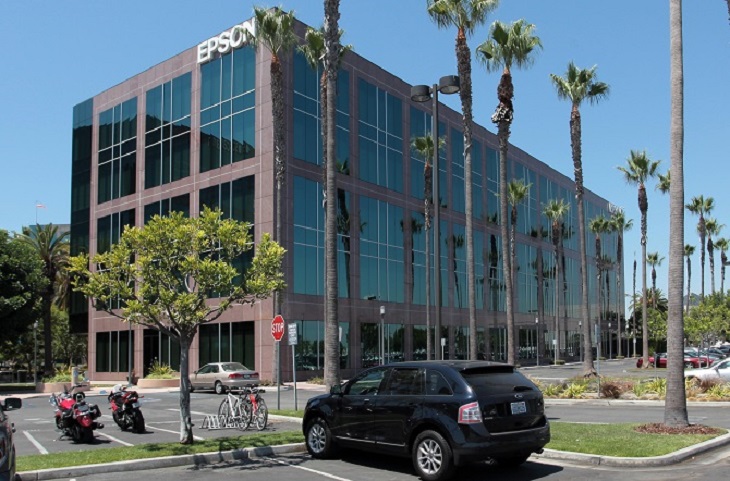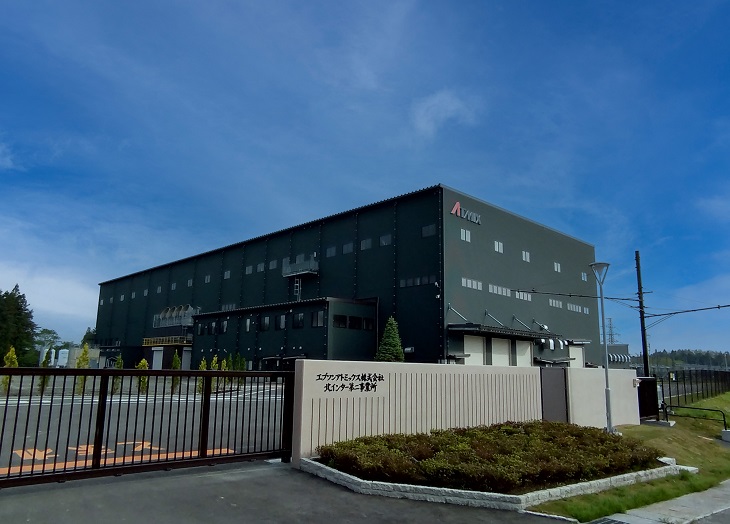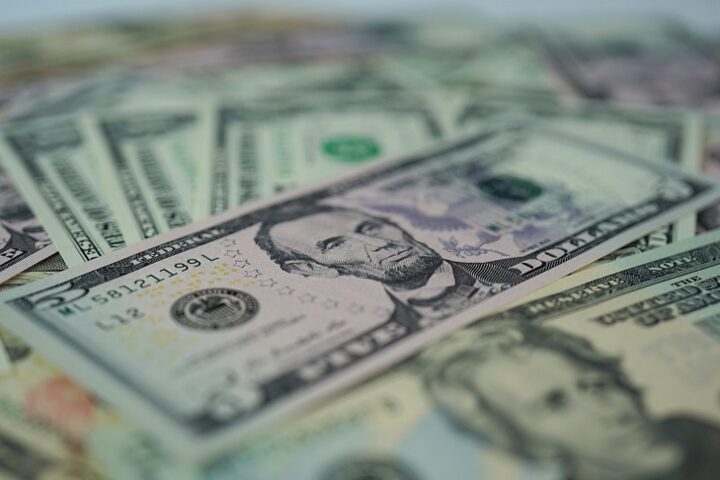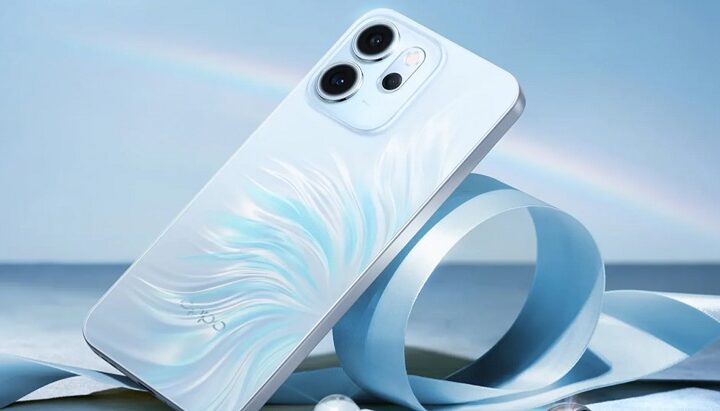Every minute, a garbage truck’s worth of plastic enters our oceans. As we mark World Environment Day 2025 with the rallying cry #BeatPlasticPollution, it’s clear that we need more than corporate pledges – we need a fundamental rethinking of how solutions are designed, built, and consumed.
At Epson, our continued commitment to sustainability is inspired by an ancient Japanese design philosophy: of Sho-Sho-Sei, meaning “efficient, compact, and precise.” What began more than a century ago as a principle for traditional craftsmanship now guides how we address the modern environmental challenges. It’s the blueprint behind our Environmental Vision 2050, where we aim to become carbon negative and achieve zero waste.
Ancient Wisdom, Modern Impact
The clearest example of Sho-Sho-Sei in action is our EcoTank range. Unlike traditional printers that rely on disposable plastic cartridges, EcoTank printers feature refillable ink tanks built into the solution. This single innovation cuts plastic and metal waste by 86% over five years, while also saving users’ time and money.
That efficiency extends to energy use. Our Heat-Free PrecisionCore technology uses up to 85% less power than comparable laser printers. And with fewer moving parts, our devices are more reliable and last longer, reducing waste even further.
This thinking also informs our AM printer range, where we redesigned the internal layout to reduce product volume by two-thirds and cut weight by 30%. As a result, CO₂ emissions during production dropped by 36%, and total lifecycle emissions are down by around 33%.
By the end of 2025, we’re taking this further by fully phasing out laser printers globally, shifting entirely to energy-efficient inkjet models that align environmental responsibility with business performance.
Rethinking Supply Chain
Sho-Sho-Sei does not only stop at a product level – it extends to how we source, package, and manufacture. We’re now using up to 30% recycled plastics in our printer casings and have transitioned from foam packaging to paper-based alternatives, drastically reducing unnecessary plastic.
Our goal is to go even further. By 2030, we aim for 50% of our product materials to be renewable or recycled, reducing our dependence on virgin resources and aligning with circular economy principles.
A Philosophy for Industry Transformation
What makes Sho-Sho-Sei powerful is its universality. While it’s rooted in Japanese culture, its principles can guide any industry ready to embrace them. It challenges the idea that businesses must choose between performance and sustainability, and shows that the two can go hand in hand.
The ancient craftsmen who lived by Sho-Sho-Sei understood something we’re rediscovering: true innovation means achieving more while using less. And in the fight against plastic pollution, this timeless principle offers not just inspiration, but a proven roadmap for the future.
As we reflect on this World Environment Day, we encourage our peers to look beyond pledges and toward principles that can drive lasting change. Sho-Sho-Sei has helped us align profitability with purpose, and it can do the same for others.
Because building a sustainable future isn’t just good business—it’s the only business worth doing.
Related Content: Epson’s Heat-Free EcoTank And Fiery Power FY24 Growth And Profit Surge
Bella Tobing is the Head of Corporate Sustainability & Government Affairs, Epson META-CWA.












